Remembering Mama and her legacy of music
By Ludy A. Ongkeko Ph.D.
Florists the world over will attest to the fact that their business flourishes best on Mother’s Day, year after year, as long as night becomes day and vice-versa. There are myriads of reasons why we return to memories of our mothers.
When we were growing up, most people would trace physical attributes of offspring to either mother or father. Or, they would see who inherited ‘what’ in terms of brains and attributes.
In our family, I am next to the eldest child, so it would take little imagination to wonder whether I was meant to follow a role model or not.
My eldest sibling, Corbelita, took after Mama in so many ways. Mama was the musician in her own group of half a dozen siblings. She took after her father who was an orchestra conductor, a violinist and a composer. Mama didn’t major in voice nor piano; her major was music pedagogy and became a music mentor for the longest time. Yet, her voice and piano prowess told volumes.
When World War II came, Corbelita, who was already in her early teens, was well protected by our elders. This resulted to her indoor training which consisted of at least three hours of piano each single day. She didn’t resent it at all. There were four other siblings, yet all of us did not have the slightest wish to learn how to play the piano well. I took formal lessons but I believe my parents’ wishes were in vain. Once, I was lined up to be the soloist of a trio of piano players, and Mama thought it was the beginning of an opportunity for me to be serious with piano. No, it wasn’t. From there on, I chose other pursuits i.e., learning foreign languages, typing and shorthand because schools were still closed during the enemy occupation.
Each year when Mother’s Day is on the horizon, I am seized by sadness. Bookstores used to be havens for me before each Mother’s Day. I would go to a section on music books; the greeting card shelves were so inviting, I would choose the most beautiful Mother’s Day card. When our family lost Mama to illness, we knew our matriarch had gone and somehow, Mother’s Day no longer was what it was: There was no Mama to receive our flowers. Since Mama passed on, it has been more than two decades, but somehow, I avoid going to bookstores. Who will receive what I was wont to choosing for Mama?

Dr. Corbelita J. Astraquillo finished her master’s in musicology at Eastman School of Music, University of Rochester.
Corbelita took care of having masses said for Mama on Mother’s Day. Since she inherited Mama’s music genes, we left it to our eldest sibling to proceed with her recordings. She recorded Mama’s favorite ‘kundimans’ and operatic medleys.
Mama and Papa found their final resting place in New Orleans, an hour’s drive from Baton Rouge, the state capital where Corbelita served on the faculty of Louisiana State University’s School of Music. Fortunately, she took care of seeing to the floral arrangements for Mama and Papa, and informed us what she did each Mother’s Day while she was still in Louisiana. The rest of us felt good that Corbelita could do just that; all of us reside in different states.
Our eldest sibling remained single all her life. We lost her late in 2010; it seemed that with that loss, classical music has been put on hold via piano music. We do have records and CDs but they will never be the same compared to what Corbelita used to play: classical piano music.
Corbelita, it has been said by those who knew her well, was married to her profession in the universe of music. She attended conservatories of music in St. Theresa’s College in Manila and the University of the Philippines where she earned her bachelor’s degree, cum laude, in voice and piano.
She made history when she finished her master’s in musicology at Eastman School of Music, University of Rochester, Rochester, New York. It was the first time a Filipino received that graduate degree. When she received her doctorate from Indiana University in Bloomington, Corbelita also carved a ‘first.’ She was the first recipient of a doctorate in voice and vocal pedagogy, reminiscent of Mama’s talents.
It is true that what is passed on to members of the second generation, particularly in music, is an inheritance. There were five of us siblings; yet, only one endured, absorbed, assimilated and worked toward the fulfillment of the talent and skills that were trademarks of Mama.
This year’s Mother’s Day’s sadness is vastly underscored. We no longer have a sibling who did take care of floral arrangements for Mama’s resting place; no longer can music created by our eldest sister be possible on Mother’s Day.
I feel blessed. As a grandmother, I look forward to our youngest grandson , Lucas del Calvo, who has indicated his love and dedication in his music. He has won grand awards in music as a guitarist in high school competitions and continues to be a straight A student.
Somehow, I am enlivened that he carries the genes from his great grandmother, my mother. Mama has always told us that ‘music is a gem that comes from one’s ancestry.’ When asked why my parents saw to the pursuit of Corbelita’s career in music, Mama’s reply was simple, “So she can go farther.”
Corbelita did go far in her chosen profession. There is a sense of loneliness in me as I look at the life she led: She didn’t have direct heirs. She was alone. But it is hoped that with the advent of a grandson who has demonstrated his love for music, we can all look forward to occasions of Mother’s Day celebrations that will be filled with music, thanks to those who came before him.
Ludy Astraquillo Ongkeko, Ph.D. is a product of two educational systems: the University of the Philippines (public) where she earned her bachelor degrees (science and arts) as a college scholar and the University of Southern California’s Graduate School (private). Her professional career in journalism started at the Manila Bulletin in her native Philippines. “Forty Years of Writing in America” published in 2009 is a compendium of her life in the U.S. as a writer, teacher and mentor.


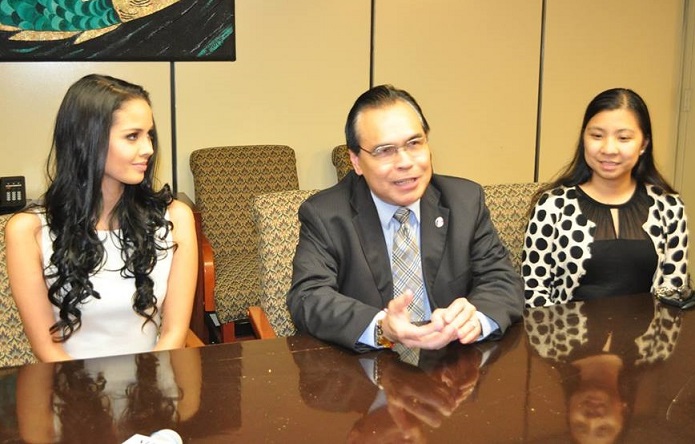
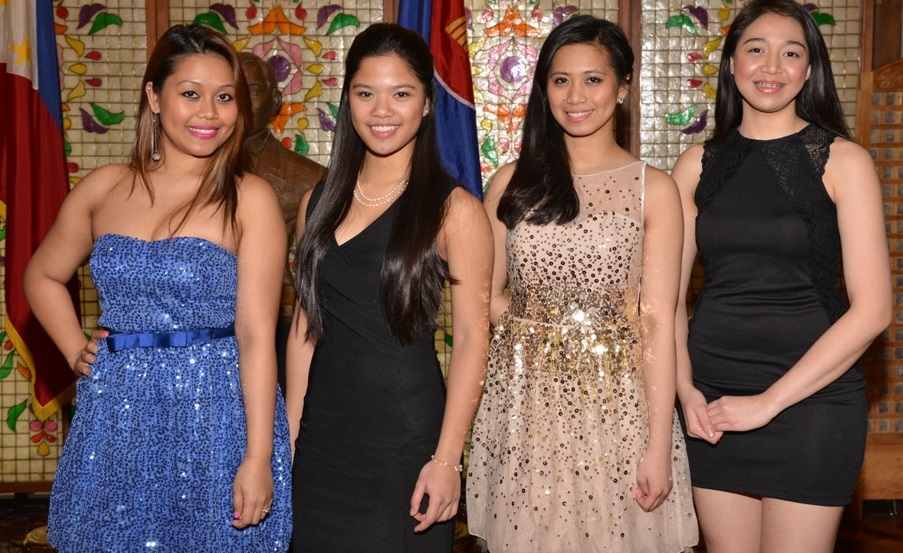
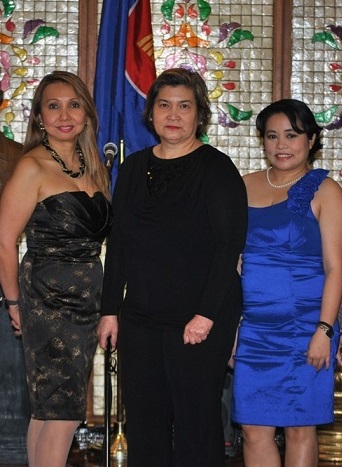
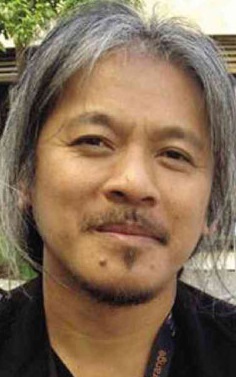




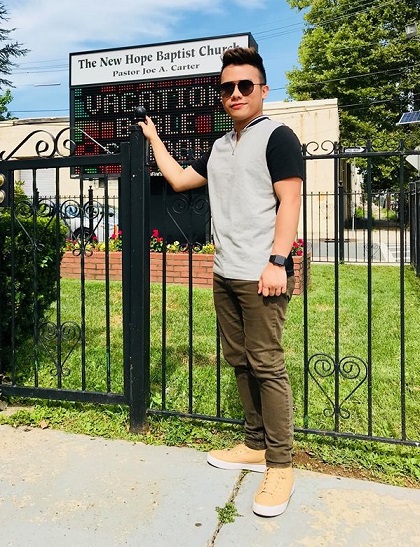
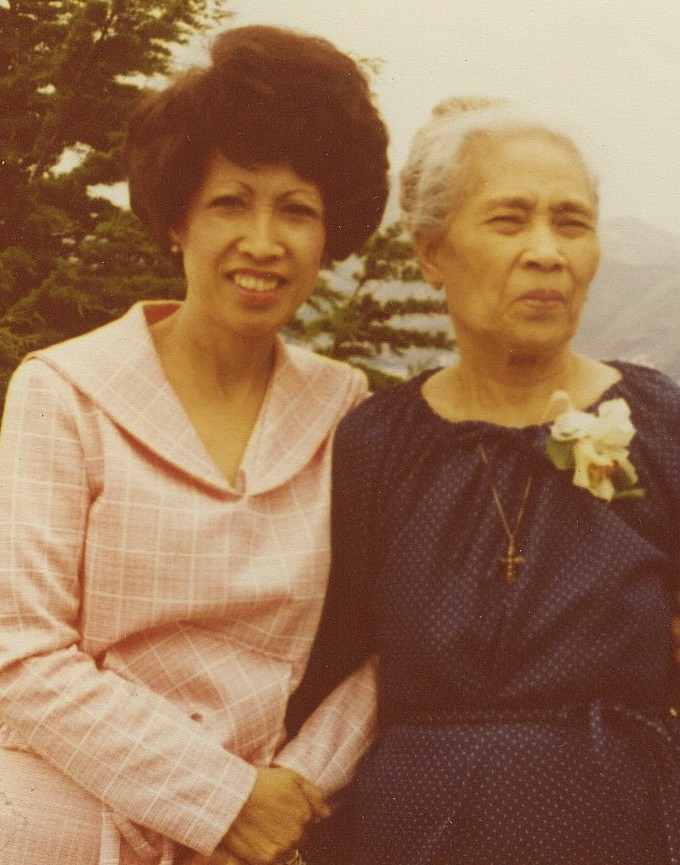
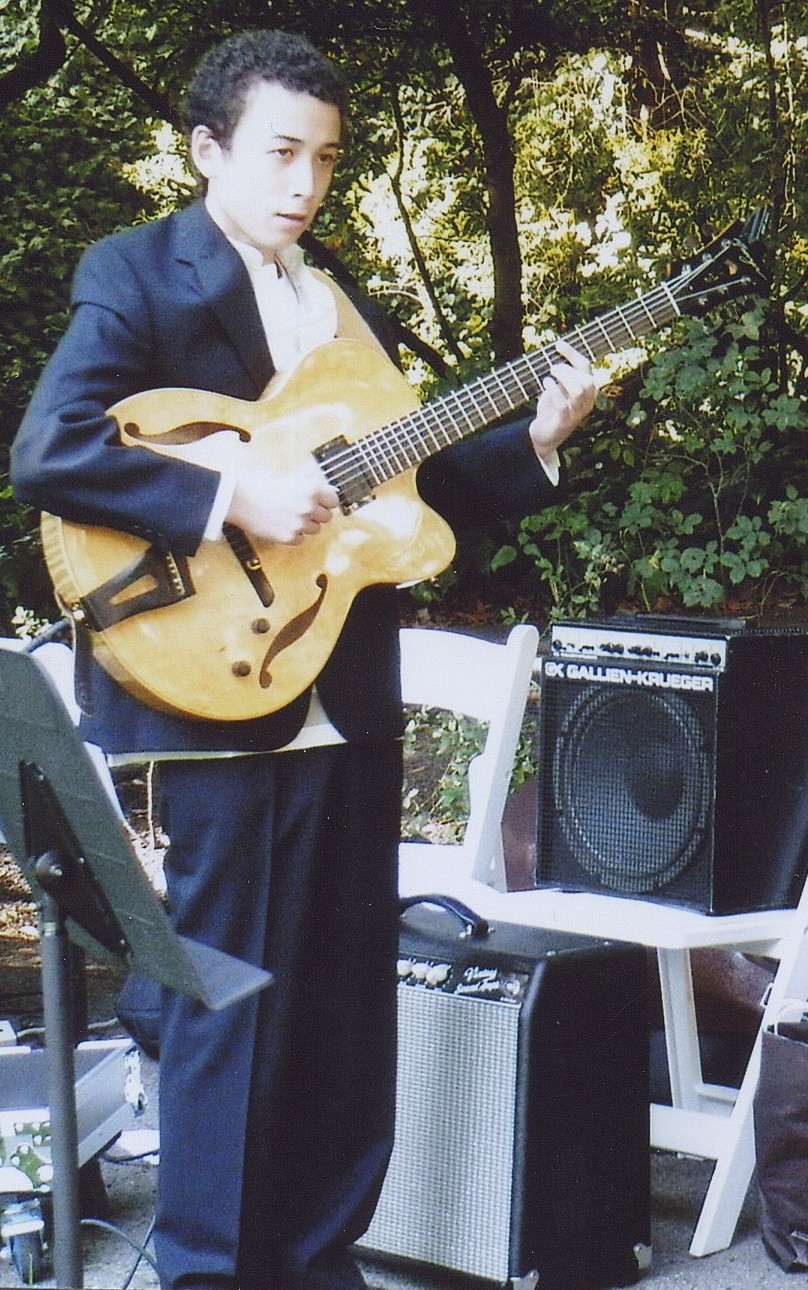

Quality information, incredible webpage design, keep up the great work